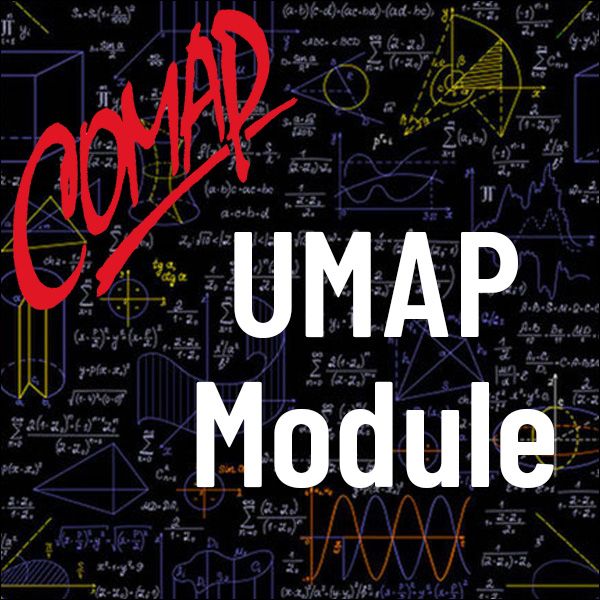Regression Toward the Mean (UMAP)
Author: Thomas R. Knapp
Regression toward the mean is a phenomenon that is a natural by-product of less-than-perfect correlation between two variables, but regression effects have often been mistaken for treatment effects in poorly-designed experiments. The purpose of this module is to explain, theoretically and empirically, this bothersome concept. Students learn what effects imperfect correlation and random error can have on differences between means, and understand the necessity for having a control group that is randomly comparable to the experimental group in scientific experimentations.
Table of Contents:
1. INTRODUCTION
2. WHAT IS REGRESSION TOWARD THE MEAN?
2.1 Definition
2.2 A Numerical and Graphical Illustration
2.3 Mathematical Explanation
3. SOME OTHER EXAMPLES
3.1 Reading Improvement
3.2 Smoking and Lung Cancer
4. BUT WHAT IS IT THAT REGRESSES TOWARD WHICH MEAN?
5. AN EMPIRICAL DEMONSTRATION OF THE PHENOMENON
6. EXERCISES
7. WHAT CAN BE DONE ABOUT IT?
7.1 In Experimental Research
7.2 In Non-Experimental Research
8. REFERENCES
9. END-OF-MODULE QUIZ
10. ANSWERS
10.1 Answers to Exercises
10.2 Answers to the Quiz

Mathematics Topics:
Application Areas:
Prerequisites:
You must have a Full Membership to download this resource.
If you're already a member, login here.